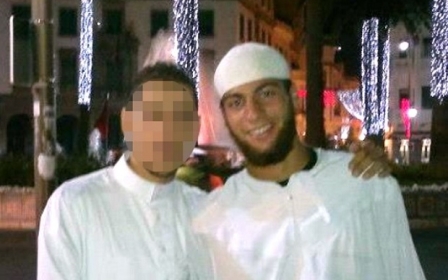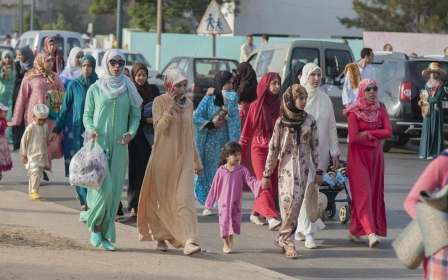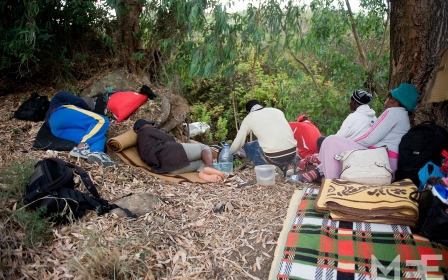Morocco votes in local elections

Moroccans will go to the polls on Friday to vote in local elections, seen as a gauge of the popularity of the coalition government led by Abdelilah Benkirane, head of the Justice and Development Party (PJD), a year ahead of a general election.
Around 32,000 seats on local and regional bodies are in play in a vote that will offer a snapshot of the political climate, four years after the Arab Spring swept through the North African state.
Some 15 million people are eligible to vote. Although 63 percent of the electorate has registered, only 43 percent of registered voters took part in the last general election in 2011, and turnout at Friday's polls is being closely watched for an indication of the state of political transition.
Young voters, especially those who are unemployed, are deemed the least likely to turn out and have been particularly targeted by campaigning politicians.
"In a Morocco that is learning to walk along the path of democracy, participation in elections is not a luxury; rather it is the first step along the road to building the future," said independent daily Akhbar al-Yaoum on Thursday.
Nearly 30 parties are competing with slogans such as fighting corruption and ending privileges.
The 2011 protests led to concessions from King Mohammed VI, and a new constitution was issued. This was followed by a parliamentary vote in November 2011 that brought in Benkirane's Islamist PJD, which party members have described as an Islamic-referencing party, to power. The PJD and the main opposition Authenticity and Modernity Party are both seen as pro-monarchy.
Benkirane remains popular in the country, despite limited success in tackling corruption, and is credited with bringing down the budget deficit to less than five percent of GDP, down from seven percent.
"Since we have been leading the coalition, we have made improvements in many sectors," Benkirane told Al Jazeera
But Mustapha Bakkoury, leader of the opposition Authenticity and Modernity Party, has criticised Benkirane's rule.
"His priority over the last four years has been his own clan, rather than all the people of the country," said Bakkoury, a close adviser to the king.
New MEE newsletter: Jerusalem Dispatch
Sign up to get the latest insights and analysis on Israel-Palestine, alongside Turkey Unpacked and other MEE newsletters
Middle East Eye delivers independent and unrivalled coverage and analysis of the Middle East, North Africa and beyond. To learn more about republishing this content and the associated fees, please fill out this form. More about MEE can be found here.




